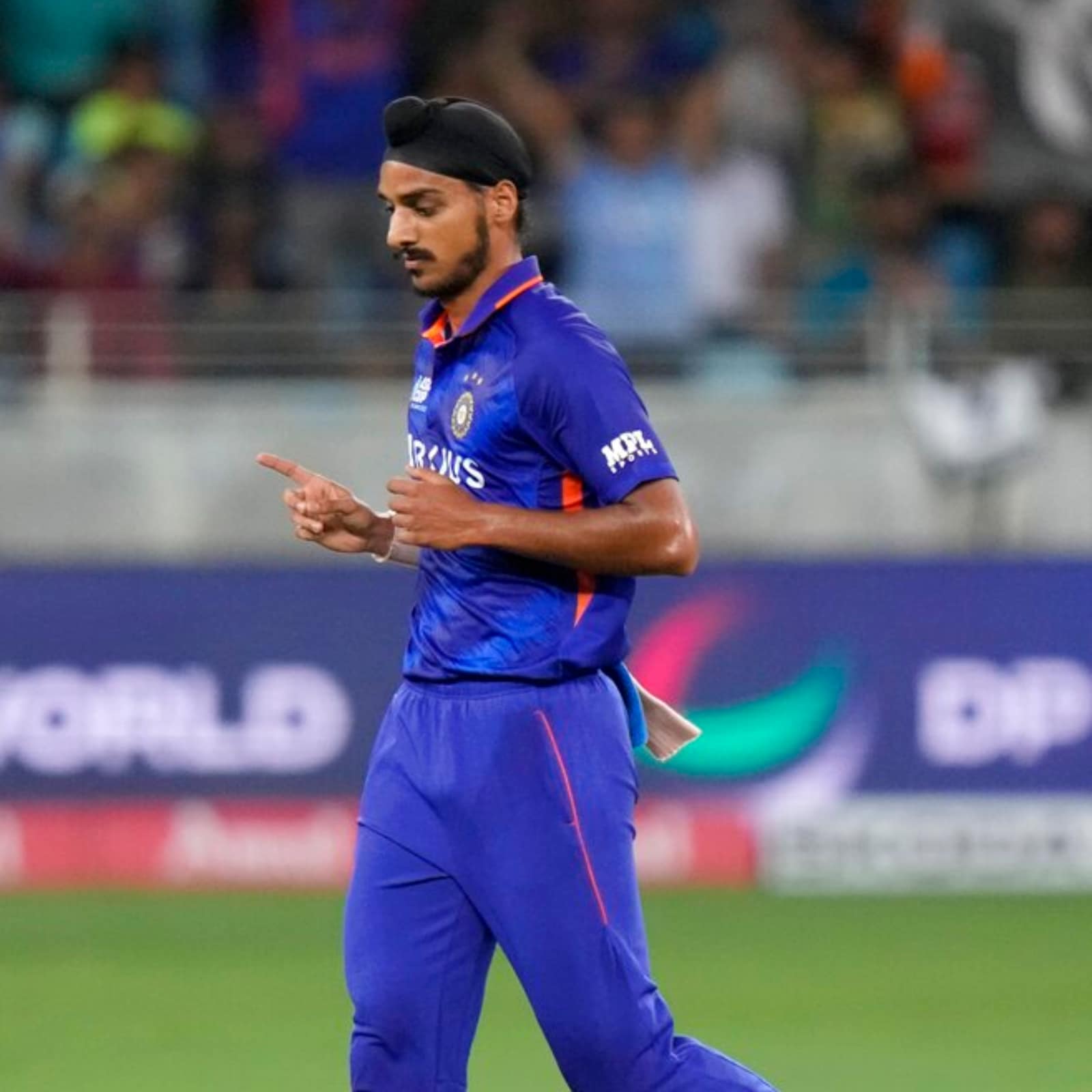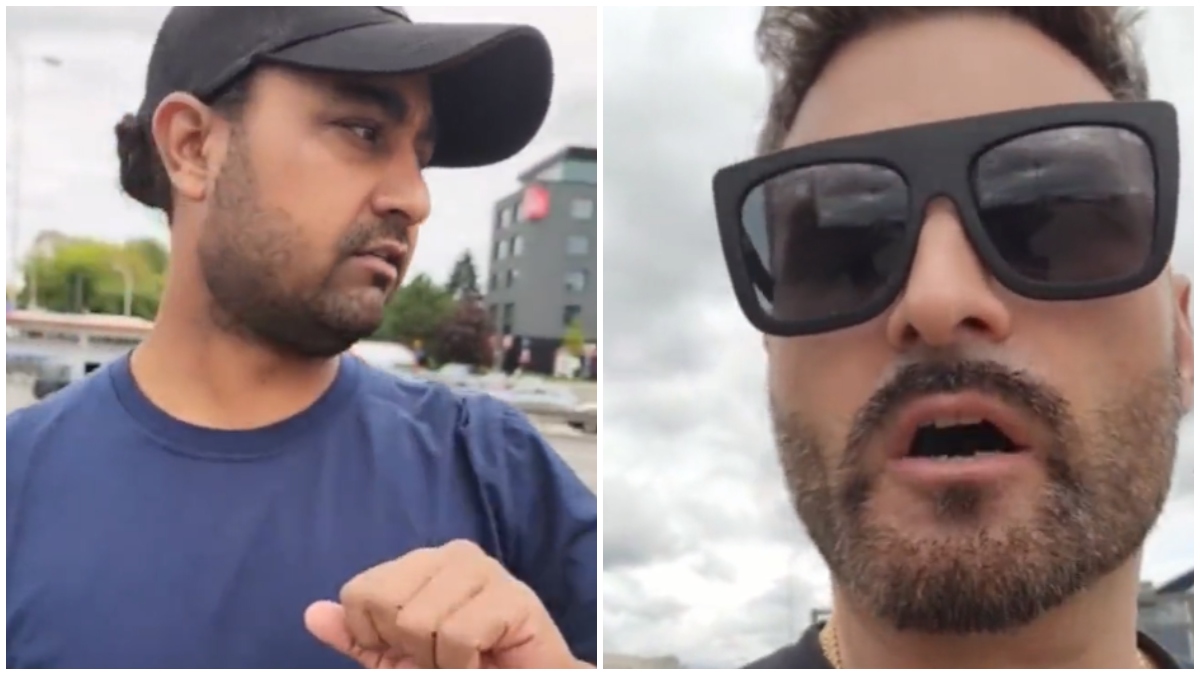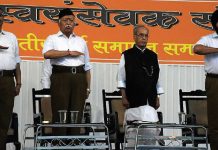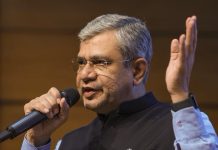
When an outsider displays racist behaviour towards us we all wag our fingers, cluck our tongues and shake our heads in disapproval. But do we stop for a moment to think that we are guilty of the same thing?
Recently, a video of an Indian facing racial abuse outside a shopping centre in Poland’s capital city Warsaw was posted on Twitter. The disturbing video quickly went viral, with other social media sites and even news media sites picking it up. In the video which broke the Internet, a man who identified himself as an American is seen approaching the Indian man and calling him names. The unidentified Indian, who had apparently done nothing to provoke the white man, can be seen asking why he was being filmed. He gently asks the man to stop recording him without his consent and tries to get as far away from the heckler as possible. However, the offender follows him and keeps hurling racial slurs at the Indian, asking him, “Why are you in Poland? In America, there are too many of you guys. Do you think you can invade Poland? Why don’t you return to your own country?”
The response of the Indian is very dignified as he just keeps his cool and tries to get away from the irritant that keeps following him. As an Indian, it made my blood boil to see a compatriot being treated this way. I’m not sure I would have behaved in such a calm and peaceful manner if it had been me. So, I am not surprised that people on social media who saw the video were angry and upset too, with many calling out the West for its racist behaviour towards Asians, and Indians in particular. The feeling of anger and frustration was a shared one across the nation and there were cries of racism, which were totally justified.
However, this incident and the reactions of the Twitterati and Netizens made me think of how we behave in our own country. With our own people! The Net is full of videos of atrocities that we commit against each other. Last month a stomach-turning video of two young men torturing a divyang at a drug de-addiction centre in Mayurbhanj in Odisha was doing the rounds. The shocking video shows one of the men wielding a stick threateningly and forcing the hapless man sitting on the ground to lick the feet of another person. Crying piteously, the victim pleads with the man to spare him but is threatened with dire consequences if he refuses to follow orders. Meanwhile, the other man is seen with his bare feet close to the victim’s face. Helpless, the victim finally licks the feet of the bully wearing a yellow T-shirt. After that, he desperately tries to clean his tongue but is again threatened by the person with the stick, who grabs his hair and forces him to lick the man’s feet a couple of times.
This reprehensible video reminds me of a similar incident that took place in April this year, where a class 10 Dalit student was thrashed and made to lick the feet of a man in Uttar Pradesh’s Rae Bareli.

Then there was the horrific video of a tribal domestic help relating the inhuman treatment meted out to her by Seema Patra a now-suspended BJP woman leader from Jharkhand. In the video, the domestic help Sunita can be seen sitting on a hospital bed with wounds dotting her face and body, relating her eight-year-long ordeal of inhuman torture and humiliation at the hands of Seema Patra, who was subsequently arrested for her misdeeds. Barely able to talk above a whisper, Sunita reveals that she was confined in a room for several days without food or water as she wanted to go back home. She claims she was forced to lick her urine from the floor and was only alive because of the intervention of Seema Patra’s son Ayushman.
Fortunately, in all the above-mentioned cases, the law swung into action and the perpetrators of injustice were brought to book. But this was because such cases were reported on social media, which is becoming increasingly powerful each day. There must be thousands of such atrocities being committed across the country which we don’t know about because no videos have been made and uploaded on social media.
So, the big question that comes to mind is that when an outsider displays racist behaviour towards us we all wag our fingers, cluck our tongues and shake our heads in anger and disapproval. We call other nations racist and castigate them for ill-treating us. But do we stop for a moment to think that we are guilty of the same thing? We discriminate against each other on the basis of gender, religion, region, skin colour, features, language, financial status, political affiliations, viewpoints, and the worst of them all, caste. We stand united in the face of an outsider attacking us in any way but between ourselves, we are letting intolerance fester.
The latest example of this festering intolerance is the way we behaved after India lost the Asia Cup match with Pakistan. Agreed that India pacer Arshdeep Singh dropped an easy catch against Pakistan in a keenly-fought match where emotions and tempers were running high because the fight was between the old arch-rivals. But tampering with his Wikipedia page, hurling abuses at him, calling him a traitor and throwing slurs like “Khalistani” at him just because he hails from a minority community is just not on. This could have happened to anyone, but more often than not on-field blunders of minority players are not easily forgotten or forgiven. People who trolled and abused Arshdeep should realize that he’s just a 23-year-old who doesn’t have the eons of experience that the other players have. So, he dropped the catch. And we lost a match we would have liked to have won.
As an Indian, I can understand the sense of anger, disappointment and loss that all Indians felt. But just think of how much more terrible a youngster who was in a way responsible for his country losing a “mooch ki ladai with Pakistan” would be feeling after dropping that all-important catch! The weight of the expectation of an entire nation made a seasoned player like Virat Kohli feel down and lonely. How much more is the weight of national hatred on a youngster’s fragile shoulders? Did we stop to think of that before abusing and trolling him? Just because we have access to social media and the security of anonymity in most cases, we can spew hatred against anyone. Don’t we have a sportsman spirit anymore?
Thankfully, senior players, past and present, came out in support of him and shamed the shamers and his parents stood by him and gave him solid support, as did some political parties. But things should not have come to such a pass. On his part, the resilient young player is determined to learn from his mistakes and perform better for his country. And given his inherent talent, one is sure he will do well.
This incident makes me wonder, what happened to our deep-rooted Indian traditions of tolerance and Ahimsa? We were never like this. In fact, when we were growing up it used to be a running joke during an India-Pakistan match that the Pakistani players have to do well because if they don’t they will be whipped as punishment in their own country or their houses would be burnt down. Our players never had to worry about this kind of backlash from the people.
Of course, they were wrung out to dry by sports journalists but that used to be incisive, knowledgeable, constructive criticism as well as fixing responsibility and accountability. It was not personal attacks, vitriol, and trolling by the nation. When did we turn into a trolling nation? Did the advent of social media change our character so much? Or was it that we were always like this but we didn’t have an outlet then?
The irony is that we rave and rant when someone else spews racist venom against us, but have we stopped to think of how offensive our own behavior towards each other is? Look at the way we treat Kashmiris who come down from the State to live among us? Or, for that matter, how well do we treat our brethren from the North East? And let’s not even get started on the North-South divide.
We discriminate without thinking, maybe because our age-old biases and beliefs are reinforced by popular culture. They are spearheaded by stereotypes perpetuated in the movies. Cinematic stereotypes have categorised entire sub-cultures into caricatures, worthy only of ridicule. Stereotyping cultures in movies had a major impact on the way the pre-2000 generation grew up. They are a product of a different era. Labeling was a way of life. It was offensive, but ridiculing was mainstreamed. From Santa Banta jokes to Madrasi, everyone had a name and characteristic. Till one day it became no longer fashionable or acceptable to do so, all thanks to that woke generation that was ironically brought up by pretty un-woke ‘Boomers’.
Maybe the social media generation will have to school the Boomers, Generation X and even those of the generations after, in what is correct, when they go astray. The encouraging thing is that awareness has led to reduced space for any form of discrimination in major parts of India now. And the fight against intolerance is being fought on social media to a very large extent. But then, social media is a double-edged sword that cuts both ways. It can be a tool to bring offenders to justice and just as easily it can destroy reputations and lives.
One would like to think that a majority of the people are against hate, intolerance and discrimination and will keep on calling out those whose hearts are still filled with darkness. Therefore, it’s time that we take up the case for opposing hate mongers online by not giving them the space to unleash their vitriol. It’s time we fight back against intolerance by calling out those who display obnoxious tendencies and show utter disregard for human rights, life, equality, freedom and dignity.
We also have to introspect how far we have come from our tradition of “Athitihi devo bhava”! Ask the African nationals and Chinese who are here in our country as students or tourists who have to face racist slurs and discrimination daily. It’s time we look at ourselves and clean up our own mess before we point out at unfair treatment other races mete out. If the New India has to be the Vishwa Guru that we want it to be, then we have to dig deep into our age-old traditions of tolerance, Ahimsa and ethos of Athitihi devo bhava. It doesn’t mean that we take racist and discriminatory behaviour lying down. Far from it! But we must end our own discriminatory behaviour so that we can look other races in the eye and tell them to stop that hate right now. We must love our own for the world to love Indians.













